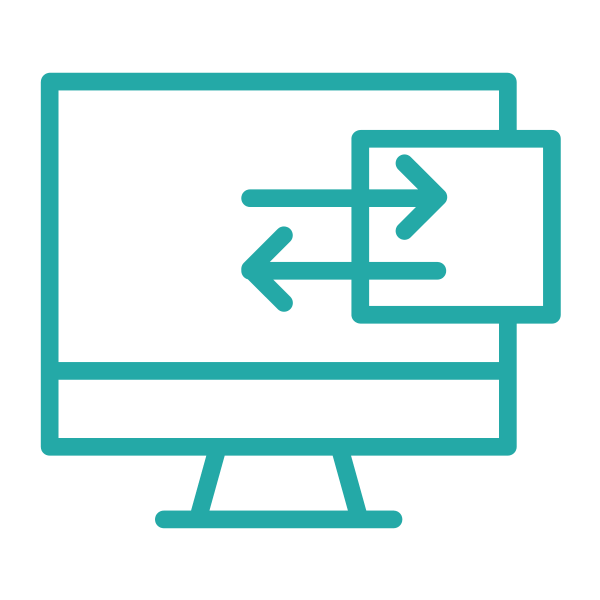WHAT:
BY WHOM:
FOR WHOM:
WHY:
WHEN:
HOW:
With the right preparation you know whether you are ready for import from a third country. If you already purchase goods from the UK, please note that after Brexit you must comply with all the obligations of an importer who purchases goods from a “third country”. These obligations as an importer can weigh more heavily than the obligations as a distributor.
You have to take into account many things when you import goods from a third country. For example, you must submit import declarations and pay import duties. You can find the tariffs for import duties on the website of the General Administration Customs and Excise, Tarweb, Belgian customs. You also pay import VAT and product-specific rules may apply.
To prepare a customs declaration, you need an EORI number, among other things. The European Commission obliges market participants who come into contact with customs to identify themselves with an EORI number (Economic Operator Registration and Identification). Information about the procedure for applying for an EORI number
Do you have little experience with importing? We recommend that the creation of the customs declaration be outsourced to a customs representative, acknowledged by the General Administration of Customs and Excise (AAD&A).
Importing from the UK will become more difficult. It may mean that your goods have to wait at the border. Take this into account for just-in-time deliveries and perishable goods. You can, among other things, take care of this by adjusting stock levels or by using certain customs permits. The General Administration of Customs and Excise (AAD&A) offers product sheets on its website that provide a description of possible permits.
For a follow-up import declaration, there are various options, which are briefly explained below:
Be attentive when importing below goods from the UK. In addition to customs formalities, additional obligations may apply.
Are you importing living animals or animal products into the European Union from the UK? After the Brexit, this is only allowed via an accredited border inspection post (BIP/GIP). You must report the cargo there before arrival. You use a Common Veterinary Document of Entry (GDB) for this purpose. You can find more information about the GDB* on the website of the Federal Agency for the Safety of the Food Chain (FASFC).
Are you importing living animal products which are union goods from Ireland and are these not imported through an authorized regular shipping service (the “Brexit-buster”) ? Then also a (simple) declaration must be made in the RX/SeaPort system either directly or through your ferry operator.
It can also concern animal or animal products that are protected and that fall under the CITES legislation. In that case, you must request your import license in advance (www.citesinbelgie.be*).
Your shipment may be subject to control by the FAVV. In that case, Customs will not release the consignment before this inspection has been carried out.
The regions provide information about the procedures for importing organic products. For imports from a country outside the EU (or the UK after Brexit) of organic products, you need an “inspection certificate for import of organic products”. You must submit this certificate in order to release these products into free circulation in the European Union (Article 13 of Regulation (EC) No. 1235/2008). For this you contact the regions:
More information about medicinal, pharmaceutical, chemical products or pesticides can be found on the website of the Federal Agency for Medicines and Health Products (FAGG) or the FPS Public Health.
For plants and plant products, consult the website of the Federal Agency for the Safety of the Food Chain (FAVV).
For vehicles you can find information at the regions or on the site of the FPS Mobility.
The FPS Economy can help you further on machinery and electrical equipment.

Via the RX dashboard the importer, his representative and the haulier receive timely insight into the different statuses of their cargo, via a handy track & trace system.
Read more
Pre-registration of customs data via the e-Desk: via the e-Desk the user (freight forwarder, importer, ...) notifies the terminal operator of the customs status of the cargo with the accompanying customs document numbers (MRNs). The necessary data can be entered manually or via 'multi-insert' via the web application or automatically via a connection with most customs software applications. The terminal operator can request this data permanently and is thus informed that a customs document is available for your goods. On the basis of this information, the cargo can be released for transport.
Read more